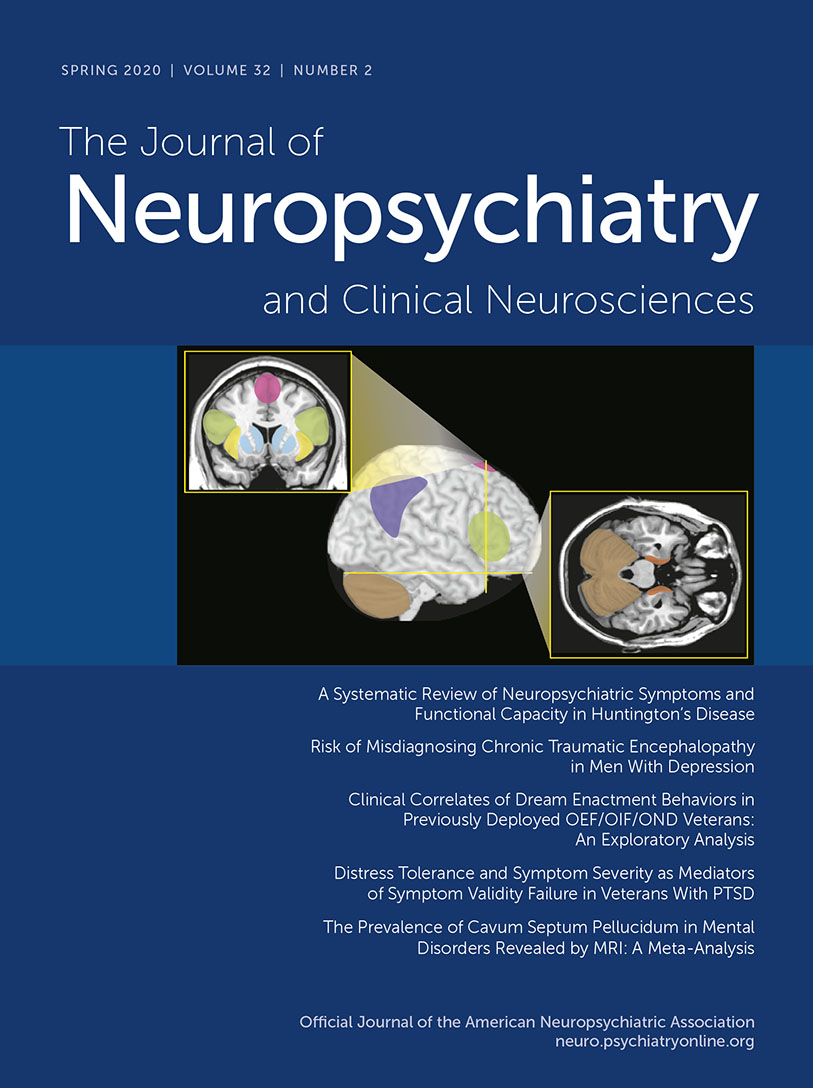Loss of Consciousness and Altered Mental State as Predictors of Functional Recovery Within 6 Months Following Mild Traumatic Brain Injury
Abstract
Objective:
The authors tested the hypothesis that a combination of loss of consciousness (LOC) and altered mental state (AMS) predicts the highest risk of incomplete functional recovery within 6 months after mild traumatic brain injury (mTBI), compared with either condition alone, and that LOC alone is more strongly associated with incomplete recovery, compared with AMS alone.
Methods:
Data were analyzed from 407 patients with mTBI from Head injury Serum Markers for Assessing Response to Trauma (HeadSMART), a prospective cohort study of TBI patients presenting to two urban emergency departments. Four patient subgroups were constructed based on information documented at the time of injury: neither LOC nor AMS, LOC only, AMS only, and both. Logistic regression models assessed LOC and AMS as predictors of functional recovery at 1, 3, and 6 months.
Results:
A gradient of risk of incomplete functional recovery at 1, 3, and 6 months postinjury was noted, moving from neither LOC nor AMS, to LOC or AMS alone, to both. LOC was associated with incomplete functional recovery at 1 and 3 months (odds ratio=2.17, SE=0.46, p<0.001; and odds ratio=1.80, SE=0.40, p=0.008, respectively). AMS was associated with incomplete functional recovery at 1 month only (odds ratio=1.77, SE=0.37 p=0.007). No association was found between AMS and functional recovery in patients with no LOC. Neither LOC nor AMS was predictive of functional recovery at later times.
Conclusions:
These findings highlight the need to include symptom-focused clinical variables that pertain to the injury itself when assessing who might be at highest risk of incomplete functional recovery post-mTBI.



